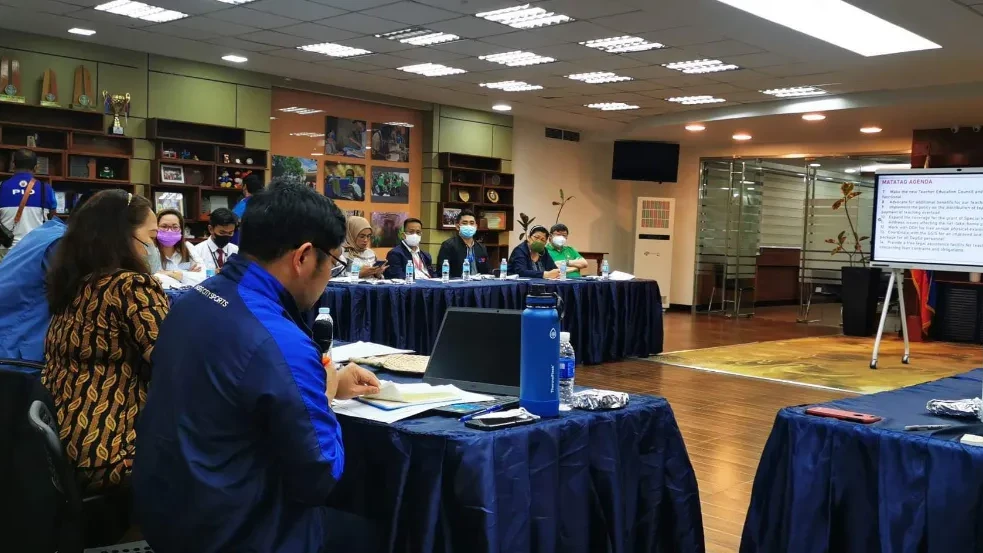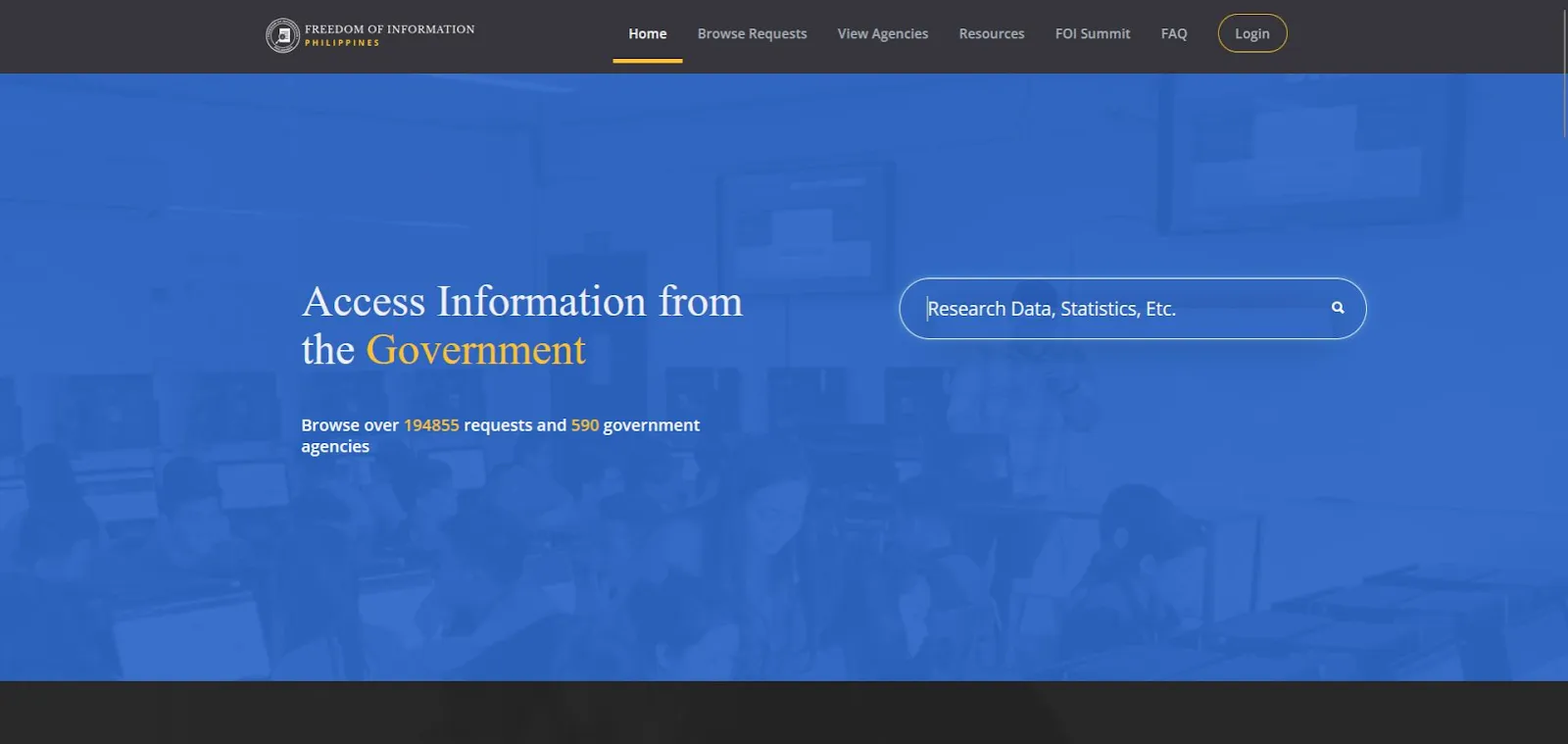TPA Mechanisms
This section provides you the transparency, participation, and accountability mechanisms of Philippine education.
Legal Basis
- Philippine Constitution
- RA 6713 – “Code of Conduct and Ethical Standards for Public Officials and Employees.”
- RA 9485 – “Anti-Red Tape Act of 2007”
- RA 11032 – “Ease of Doing Business and Efficient Government Service Delivery Act of 2018”
- RA 3019 – “Anti-Graft and Corrupt Practices Act”
Transparency Board
- Latest School MOOE Liquidation Report
- Latest monthly, quarterly, semi-annual and annual financial reports
- Financial Reports of Other Funds such as School
- Canteen Operations, PTA Funds, and donations, if any
- Procurement activities
- Other relevant reports and information
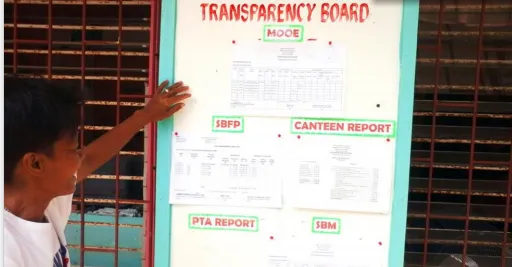
Transparency Seal
- Mandate of the agency
- Approved Budget, Financial accountability reports
- Procurement documents
- Major projects and/or activities & report on their implementation (status, evaluation & assessment)
- FOI Manual
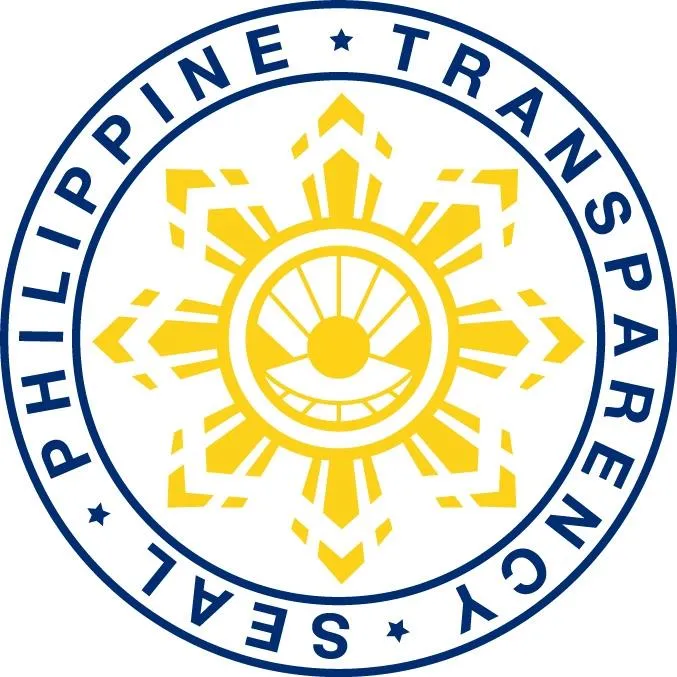
Public Assistance Desk and Citizen’s Charter
- All DepEd offices from the national to school level shall set-up and maintain a Public Assistance Desk (PAD) at a readily accessible and conspicuous area preferably near the Visitor’s Main Entrance
- Post within the PAD service area or within its immediate vicinity, a Citizen’s Charter, which shall be written either in English, Filipino, or in the local language.

Electronic Freedom of Information (E-FOI) Website
DepEd Action Center
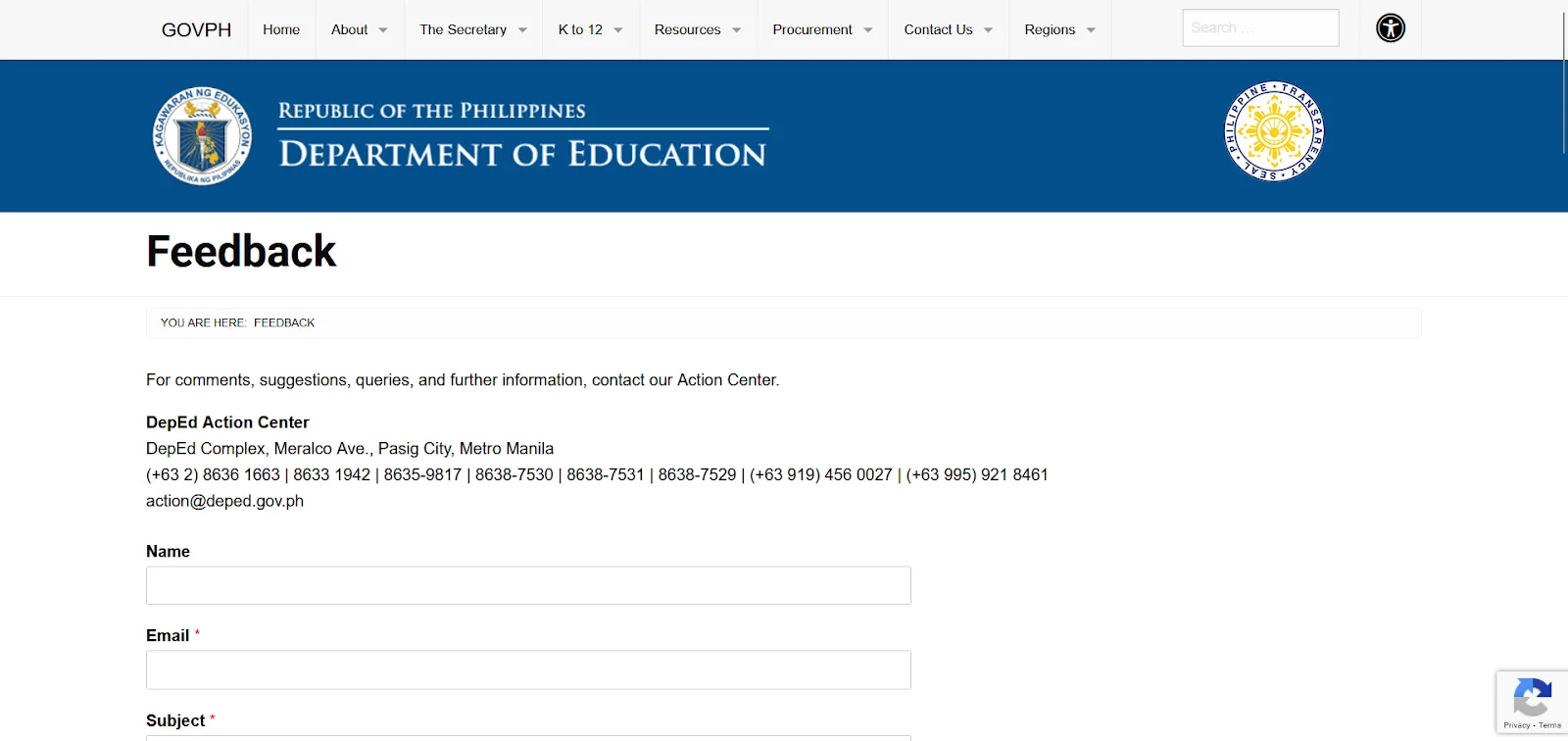
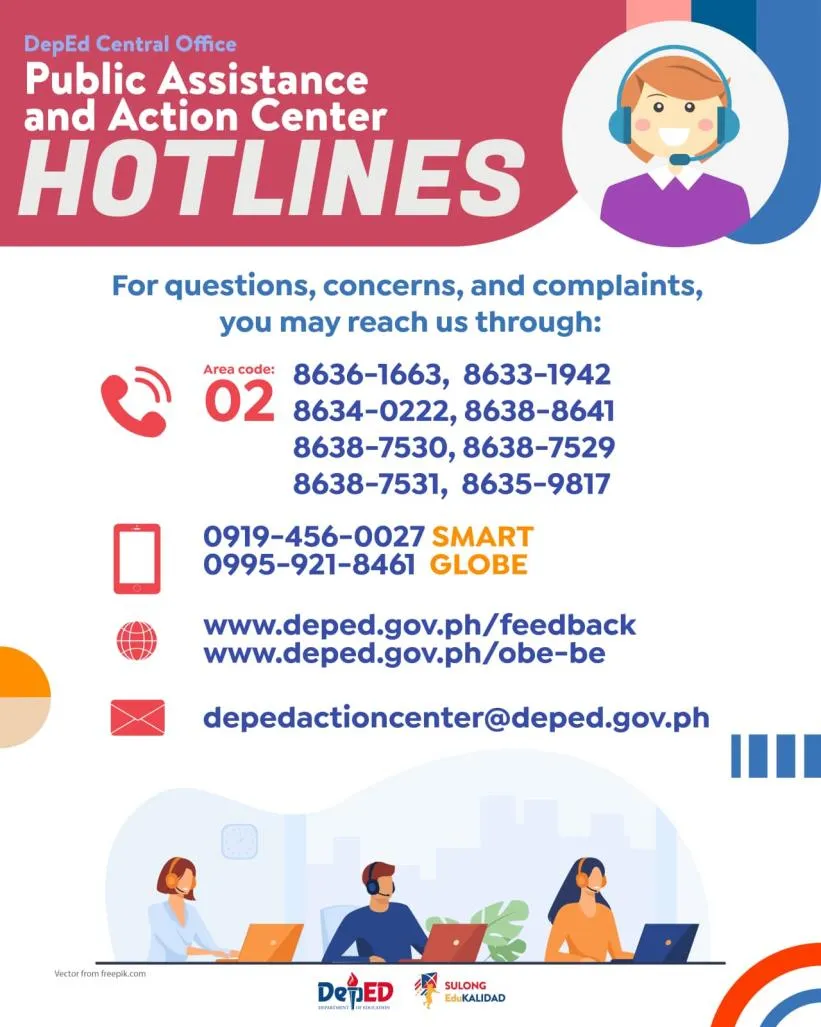
Contact Center ng Bayan
- Refusal to accept application or request with complete requirements being submitted by an applicant or requesting party without due cause
- Imposition of additional requirements other than those listed in the Citizen’s Charter
- Imposition of additional costs not reflected in the Citizen’s Charter
- Failure to give applicant or requesting party a written notice on the disapproval of an application or request
- Failure to render government services within the prescribed processing time on any application and/or request without due cause
- Failure to attend to applicants or requesting parties who are within the premises of the office or agency concerned prior to the end of official working hours and during lunch break
- Failure or refusal to issue official receipts
- Fixing and/or collusion with fixers in consideration of economic and/or other gain or advantage
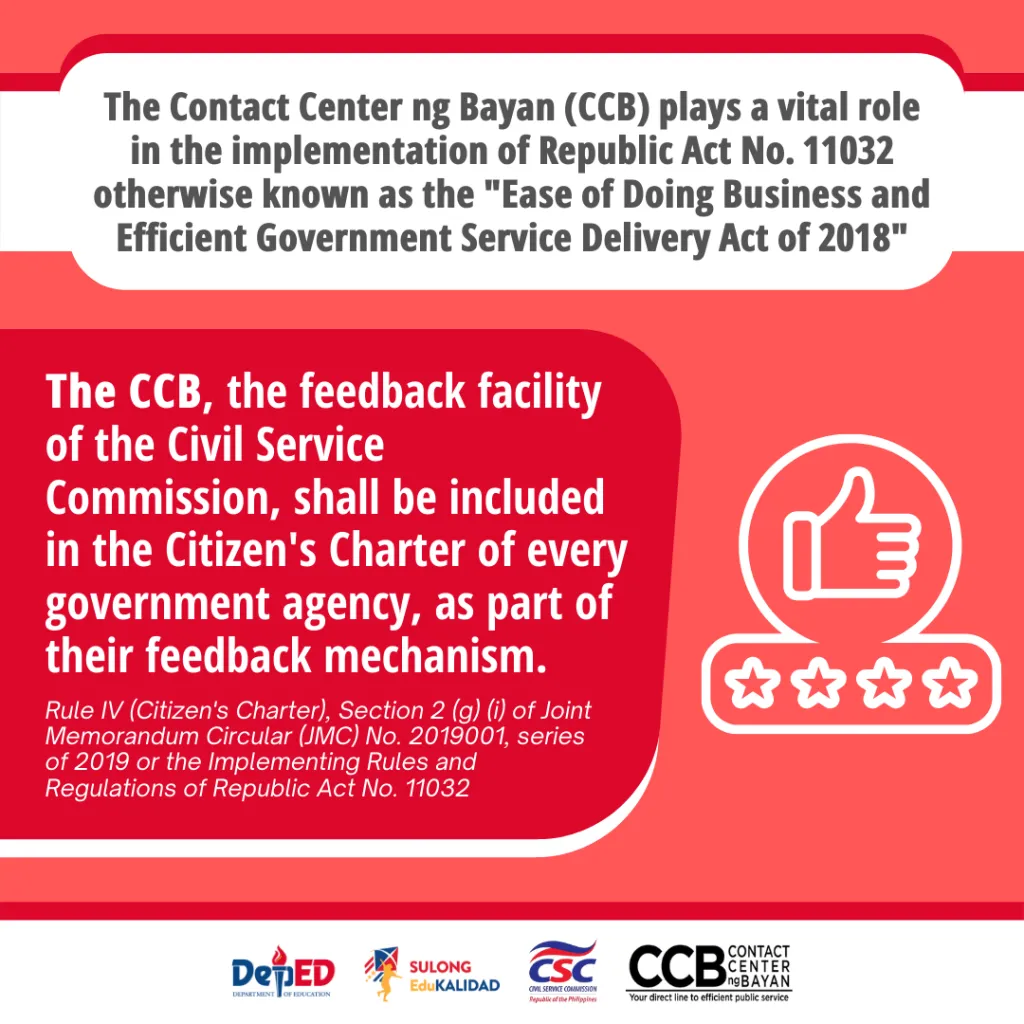
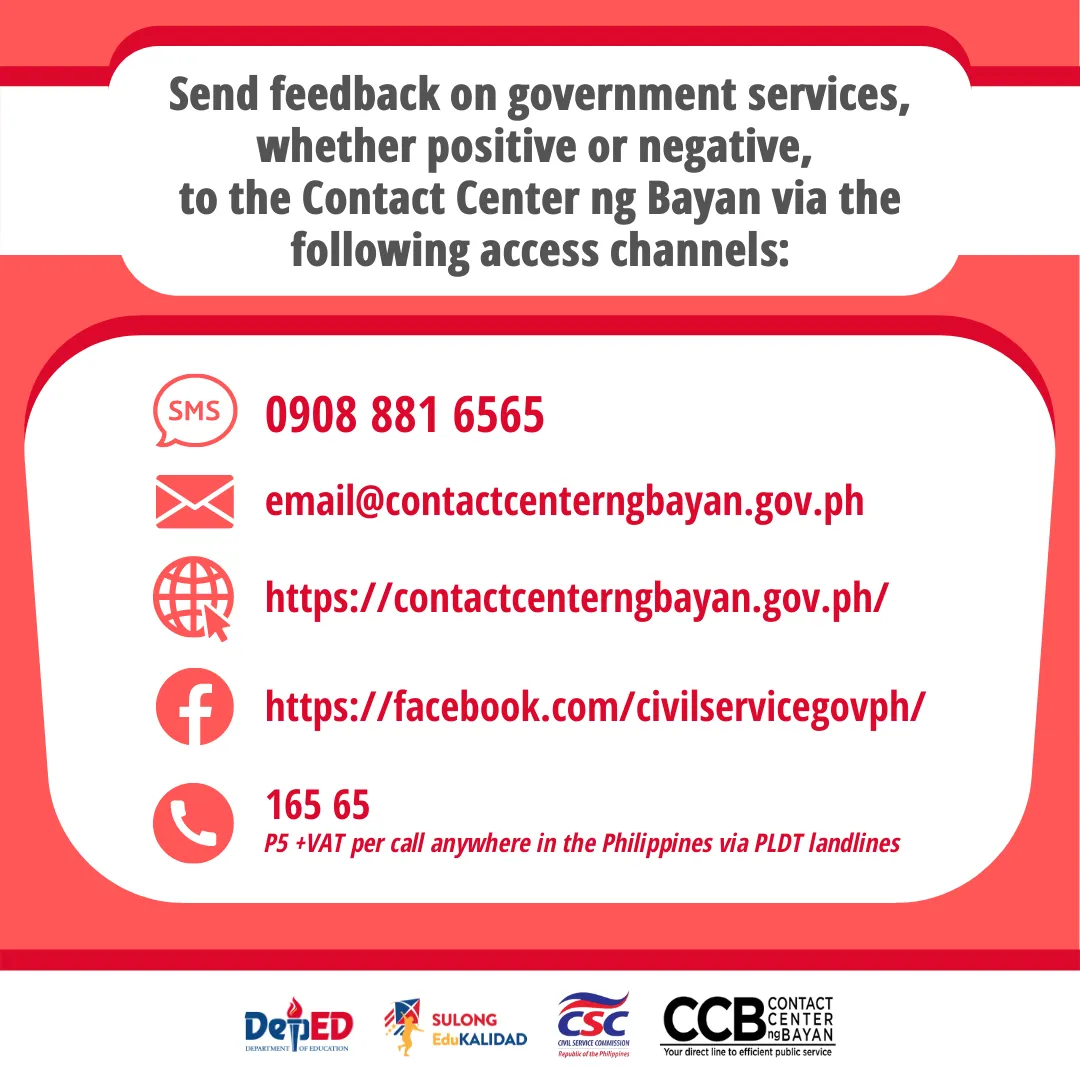

Agency Procurement Compliance and Performance Indicators (APCPI)
- In the APCPI mechanism, CSOs can take on the role of independent confirmators or validators that ensure correctness and integrity of the mechanism, by using the same set of data used in the conduct of the APCPI self-assessment
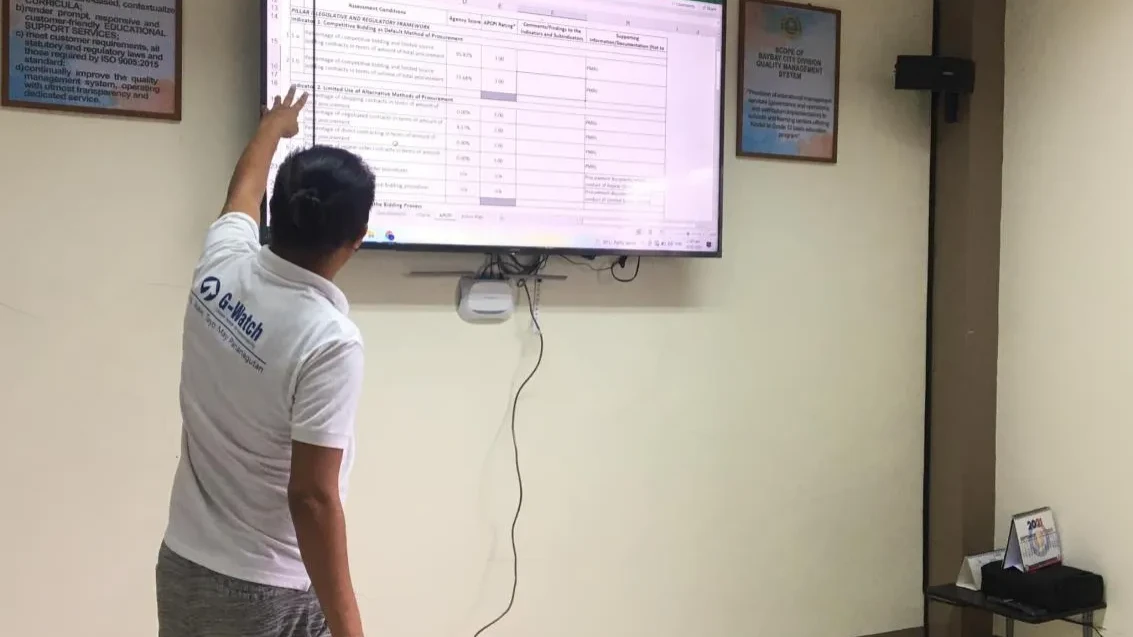
NGO and Private Sector Participation in the Procurement Process
- DepEd Order No. 59, s. 2007, titled Institutionalizing NGO and Private Sector Participation in the Department’s Procurement Process
- “6. Encouraging and Mobilizing Individual Volunteers as Official and Unofficial Observers
- The Department of Education encourages concerned individuals (for example, retired school teachers, senior citizens, etc.) to volunteer as official and unofficial observers in the contract implementation and delivery and acceptance stages.
- In the absence of organizations that will send private and public sector official observers, the Department of Education shall tap individuals that have expressed their intent to volunteer as official observers. Individuals will only be tapped as official observers if private sector organizations and NGOs cannot send official representatives. […]
- “6. Encouraging and Mobilizing Individual Volunteers as Official and Unofficial Observers
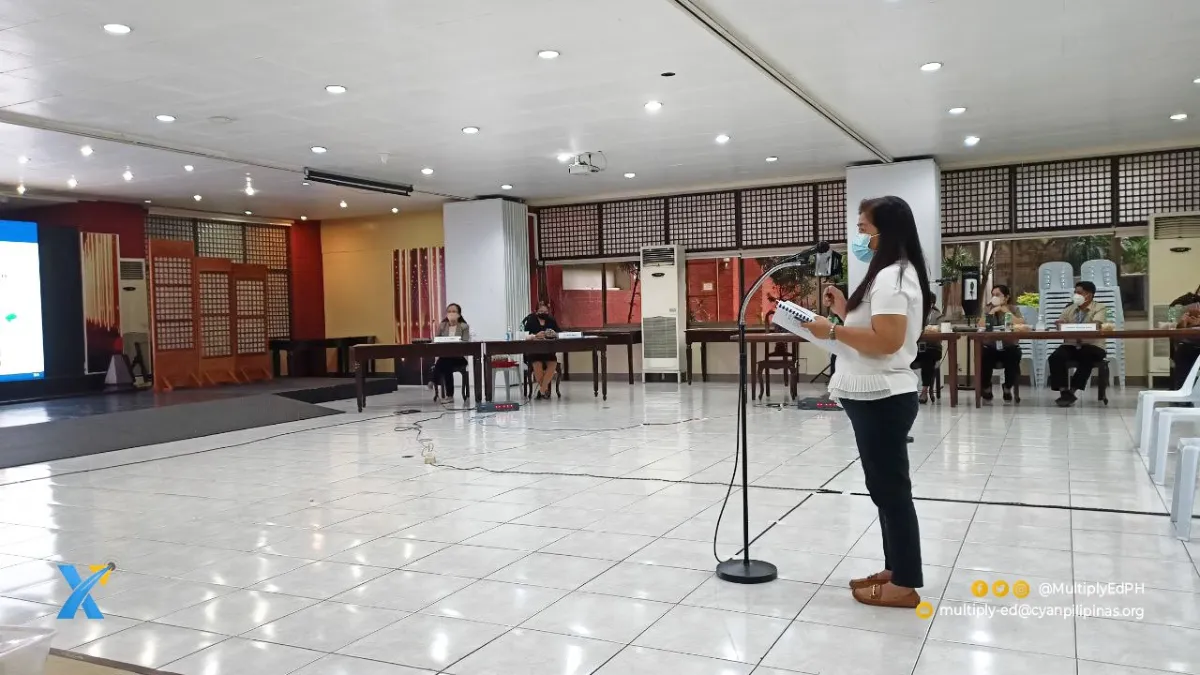
Local School Boards
- Local Government Code of 1991
- Among others, the LSB functions as an advisory committee to the Sanggunian with regard to educational matters.
- Determine budgetary needs for the operation and maintenance of public schools, disbursements from the Special Education Fund
